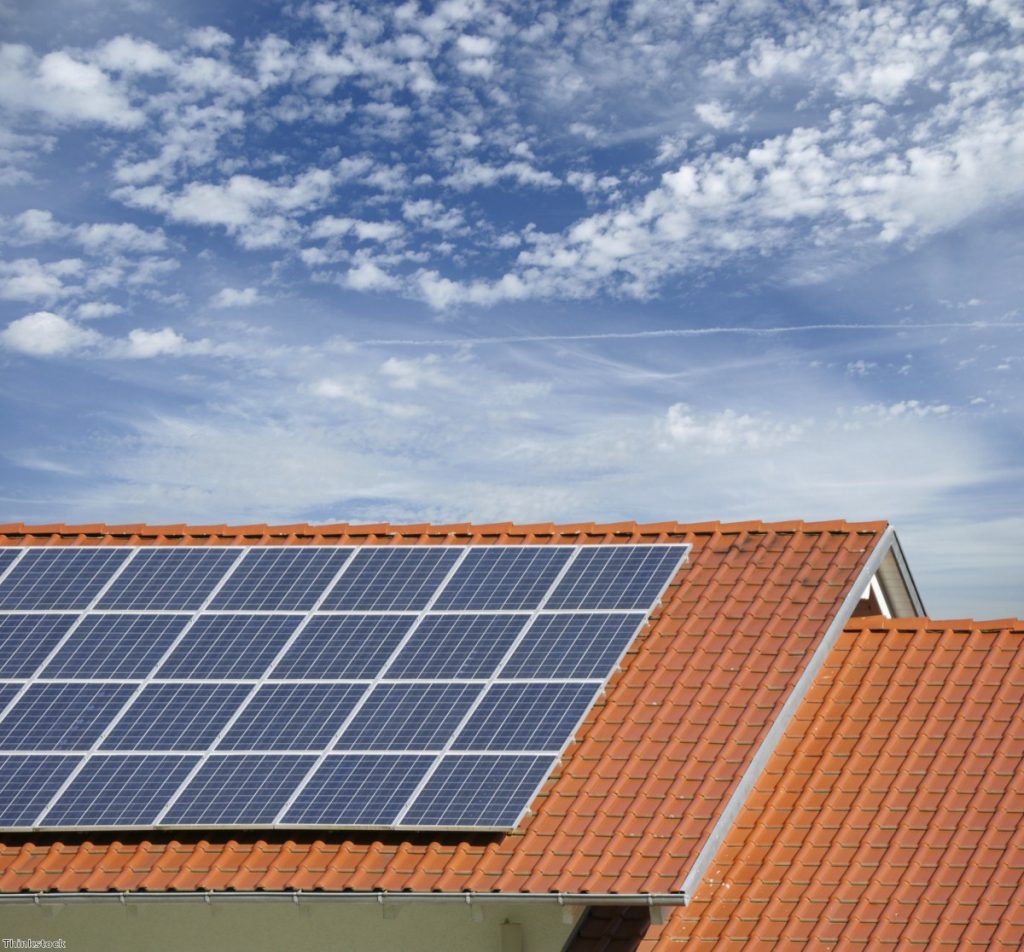Subsidies cut for small-scale solar power
Communities will be prevented from generating their own solar energy following a government review, campaigners have said.
A clampdown on the growth of solar farms taking advantage of subsidies set up to help small-scale renewable energy has weakened the feed-in tariffs (FITs) system, according to Friends of the Earth (FoE).
Ministers said they needed to take action against large-scale solar farms generating over 250KW, but there are fears that sharply-cut payments for all solar energy projects over 50KW will have a sweeping impact.


Many existing and planned renewable electricity installations by community groups, schools, businesses, councils and housing associations will be hit, FoE said.
“I want to make sure that we capture the benefits of fast falling costs in solar technology to allow even more homes to benefit from feed in tariffs, rather than see that money go in bumper profits to a small number of big investors,” climate change minister Greg Barker said.
“These proposals aim to rebalance the scheme and put a stop to the threat of larger-scale solar soaking up the cash. The FITs scheme was never designed to be a profit generator for big business and financiers.”
Labour’s shadow energy minister Huw Irranca-Davies said the coalition had “spectacularly downgraded” its green agenda, however.
“The government’s handling of the feed-in-tariff review has been nothing short of a debacle,” she said.
“The announcement of an early review has shaken investor certainty in an industry that was beginning to flourish.”
Feed-in tariffs are paid for by £400 million pot levied from energy companies, but the Treasury has refused to sanction an increase in the money. Campaigners believe solar power could generate six per cent of Britain’s energy needs by 2020, not the two per cent currently targeted by the government.
“These proposals would devastate support for community-scale solar energy projects – preventing schools, councils, businesses and housing estates from earning and saving money by creating green power,” FoE’s head of policy and campaigns Craig Bennett said.
“Faced with the urgency of cutting carbon emissions and generating green electricity, this is exactly the opposite of what the UK needs – and flies in the face of coalition promises.”









